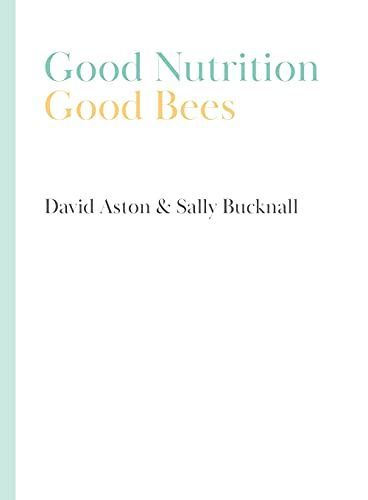
Good Nutrition - Good Bees
The importance of pollinator species to man's survival and the functioning of the world's ecosystems is recognised. Environmental and other stressors have taken their toll on many pollinator species and their abundance. The European Honey bee (Apis mellifera) and man have had a long mutually beneficial relationship and it is vital that this continues. Like all organisms, honey bees need food and shelter to ensure their survival and ability to thrive. A key factor in achieving this is the understanding of the role of good nutrition in honey bee biology. This book considers the role of good nutrition for honey bees in the British Isles and the implications of these requirements for beekeepers and their beekeeping management techniques and for those who manage land on which forage for honey bees and other pollinators might be grown. About the Authors David Aston, B.Sc., MSc., Ph.D., NDB is a biologist and a Master Beekeeper having kept bees continuously for 40 years in the East Riding of Yorkshire. He holds the National Diploma in Beekeeping (NDB), has been Board Chairman and a current member of its Executive. He has contributed to the work of the British Beekeepers' Association (BBKA) for many years and has served as Chair of Trustees and is now a Past President. He is also a Trustee of the CB Dennis British Beekeepers' Research Trust. Sally Bucknall, B.Sc., M.Sc., Ph.D., CBiol. is a biologist and environmentalist. She has been a Trustee and Chair of Trustees for the charity Garden Organic (Henry Doubleday Research Association, HDRA). This husband and wife team have published two other books relating to beekeeping, namely Plants and Honey Bees - their relationships and Keeping Healthy Honey Bees.